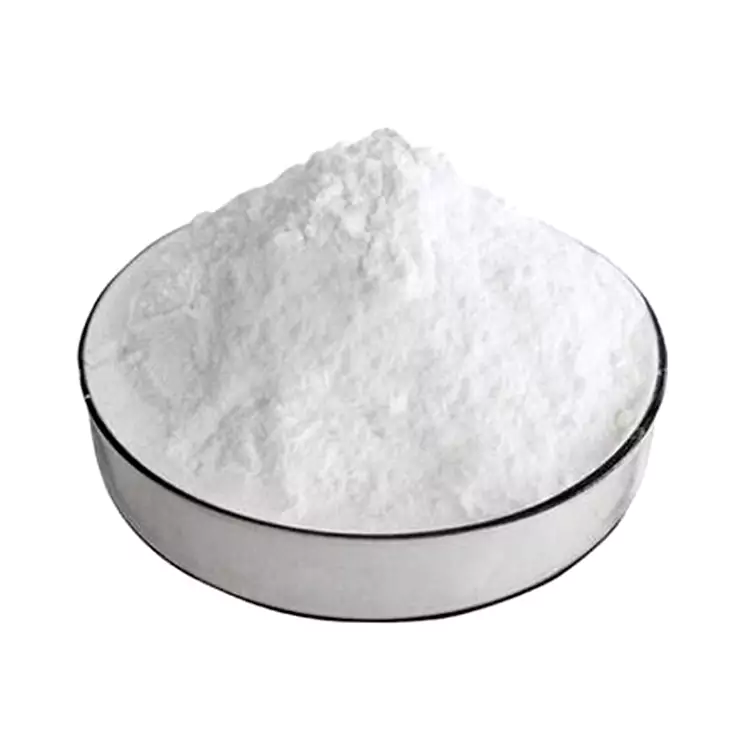Zinc Chloride Safety Guidelines: What Every Lab and Facility Must Know
2025-04-25
Zinc chloride (ZnCl₂) is a widely used chemical across multiple industries, from metal treatment to textile processing. However, its utility comes with serious safety responsibilities. As a highly corrosive substance, zinc chloride must be handled and stored with strict precautions to protect both people and the environment.
1. Corrosive Hazards: Protective Gear Is Essential
Zinc chloride can cause severe burns to the skin and eyes, and prolonged exposure to vapors or dust can damage mucous membranes. To prevent accidents:
· Always wear acid-resistant gloves, splash goggles, and protective lab coats.
· Use chemical-resistant aprons when handling large volumes.
· Ensure that emergency eye wash stations and showers are accessible in your workspace.
2. Inhalation Risks: Respiratory Safety
Dust or aerosols of zinc chloride may irritate the respiratory tract and cause coughing or difficulty breathing.
· Work in areas with local exhaust ventilation, especially in enclosed or poorly ventilated rooms.
· Use NIOSH-approved respirators when ventilation is inadequate or during spill cleanup.
3. Exothermic Reactions: Add With Caution
Zinc chloride releases considerable heat when dissolved in water. This reaction is exothermic, which can lead to splattering or boiling if not handled correctly.
· Always add zinc chloride slowly to water—never the reverse.
· Stir continuously to control heat distribution.
4. Chemical Compatibility: Avoid Dangerous Reactions
Zinc chloride reacts dangerously with several substances:
· Strong bases (e.g., sodium hydroxide) may trigger violent reactions.
· Metals like aluminum can release flammable hydrogen gas on contact.
· Keep away from oxidizing agents and organic materials.
5. Environmental Hazards: Protect Waterways
Zinc chloride is toxic to aquatic organisms and must be prevented from entering sewers or natural water sources.
· In case of a spill, neutralize with soda ash or other alkaline substances before cleanup.
· Dispose of according to local hazardous waste regulations.
6. Safe Storage Practices
Zinc chloride’s hygroscopic nature means it readily absorbs moisture from the air, which can degrade its quality and corrode containers.
· Store in airtight, corrosion-resistant containers—plastic or glass preferred.
· Keep in a cool, dry, well-ventilated area.
· Label all containers clearly with hazard warnings.
· Store separately from incompatible substances using designated corrosive chemical cabinets.
Zinc chloride plays an essential role in industrial processes, but it demands a strict safety protocol. With proper PPE, ventilation, and storage strategies, you can minimize risk and ensure safe, effective use. Always train staff, conduct regular safety checks, and stay up to date with chemical handling regulations.



